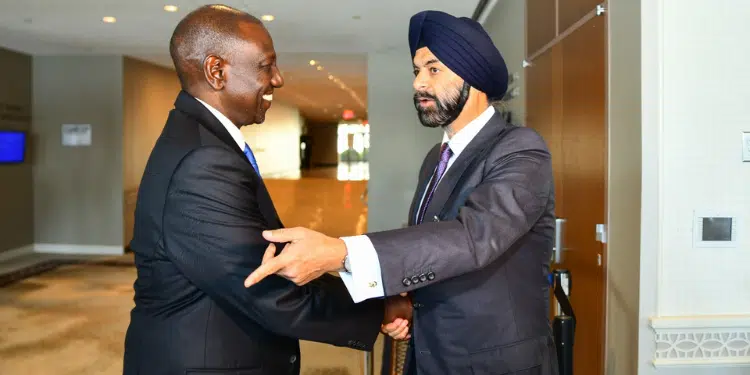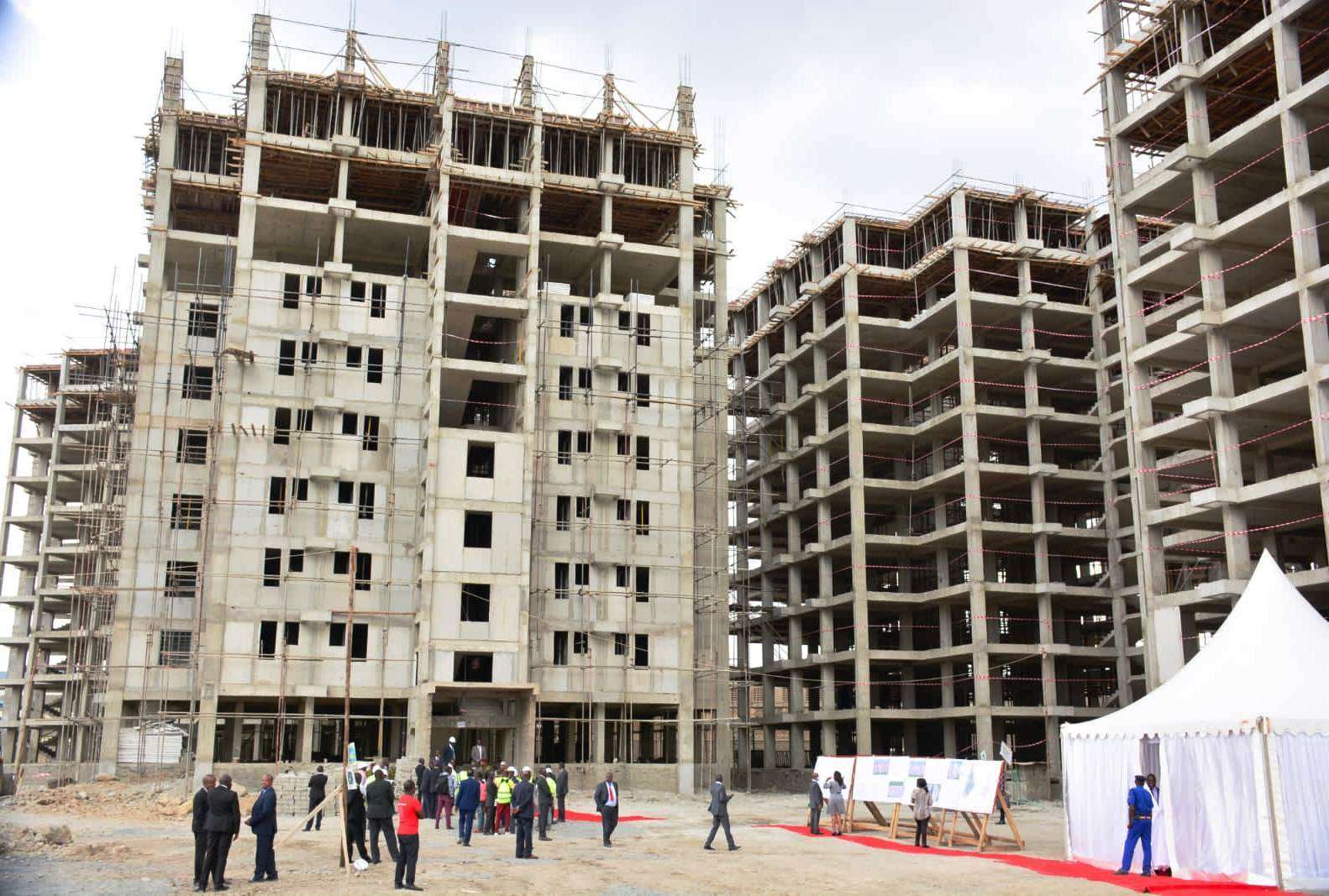By TWV Team
The World Bank has called on Kenya to enhance its anti-corruption and governance frameworks, highlighting significant gaps in fiscal discipline, public trust, and institutional efficiency that hinder sustainable growth.
In its recent economic update, Beyond the Budget: Fiscal Policy for Growth and Jobs launched in Nairobi on 27 May 2025, the World Bank urged swift action to address deficiencies contributing to Kenya’s grey-listing by the Financial Action Task Force (FATF). This includes strengthening anti-money laundering (AML) and counter-terrorism financing (CTF) frameworks.
The report commends Kenya’s progress on anti-corruption legislation, notably a robust Conflict of Interest Bill aligned with international standards, which is expected to improve transparency and accountability in public service once enacted.
However, persistent governance challenges remain, particularly in sectors like public administration and procurement, where discretionary practices, opaque procedures, and fragmented regulatory frameworks, especially at the county level, foster rent-seeking behaviour.
The World Bank recommends digitising licensing systems to reduce corruption, minimise human discretion, and boost business confidence.
The report reveals a stark lack of public confidence in the police force, with over two-thirds of Kenyans believing officers engage in corrupt practices, undermining the justice system and broader governance reforms. The Bank advocates stronger accountability mechanisms within the police and other public institutions to rebuild trust.
The World Bank also criticises Kenya’s public financial management, citing delays in approving County Government Additional Allocation Acts, insufficient budget appropriations, and slow exchequer releases as barriers to effective service delivery. A complex, multi-layered fund flow structure exacerbates these issues, creating information gaps and implementation delays. The Bank proposes amendments to the Public Finance Management Act to streamline processes and enhance fiscal discipline.
To address service delivery gaps, the report suggests targeted spending increases:
- Health: 2–3 percentage points of GDP for universal health coverage.
- Education: At least 1 percentage point of GDP.
- Social Protection: 0.3 percentage points of GDP.
- Water and Sanitation: Increased allocations to improve access and quality.
The World Bank estimates that tackling corruption, such as traffic-related malpractices, could unlock approximately 0.5% of GDP annually, redirecting funds to critical sectors like healthcare and education.
The report emphasises the need for progressive fiscal policies to address macroeconomic vulnerabilities and improve social outcomes. Integrated reforms across revenue, expenditure, and structural policies are recommended to drive growth, job creation, and public trust.
Public confidence in institutions is waning, with over 50% of Kenyans expressing low trust in the Presidency, Parliament, and police, according to the latest Afrobarometer survey. Additionally, 60% believe corruption is worsening, and nearly 70% feel the government’s efforts to combat it are inadequate.
Kenya ranks 121 out of 180 countries on Transparency International’s Corruption Perceptions Index, a position the World Bank considers incompatible with sustainable development goals.
The report concludes, “The time for reforms is now,” urging resolute political commitment to restore integrity, strengthen governance, and ensure an inclusive, resilient development path for Kenya.





